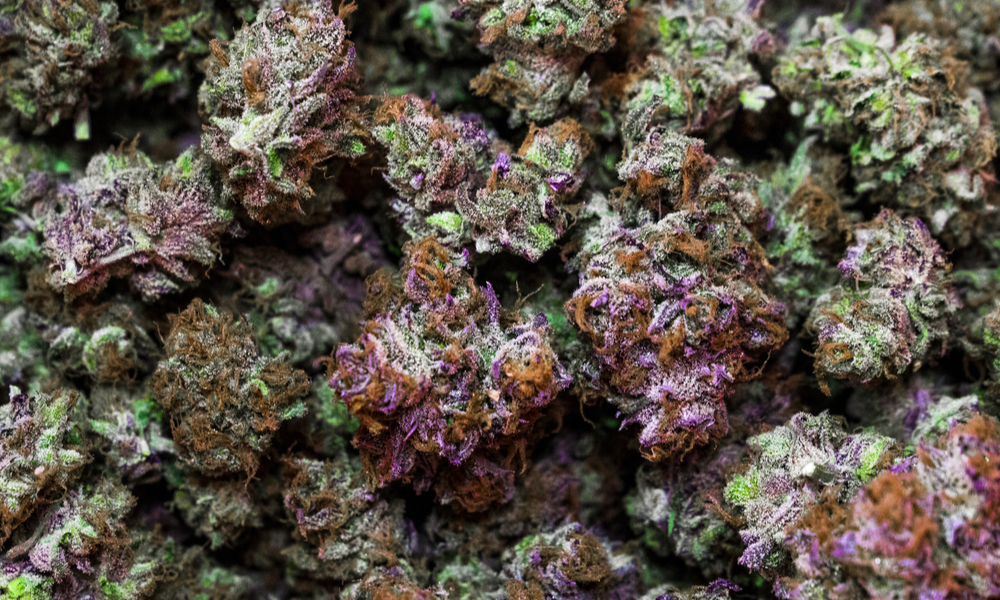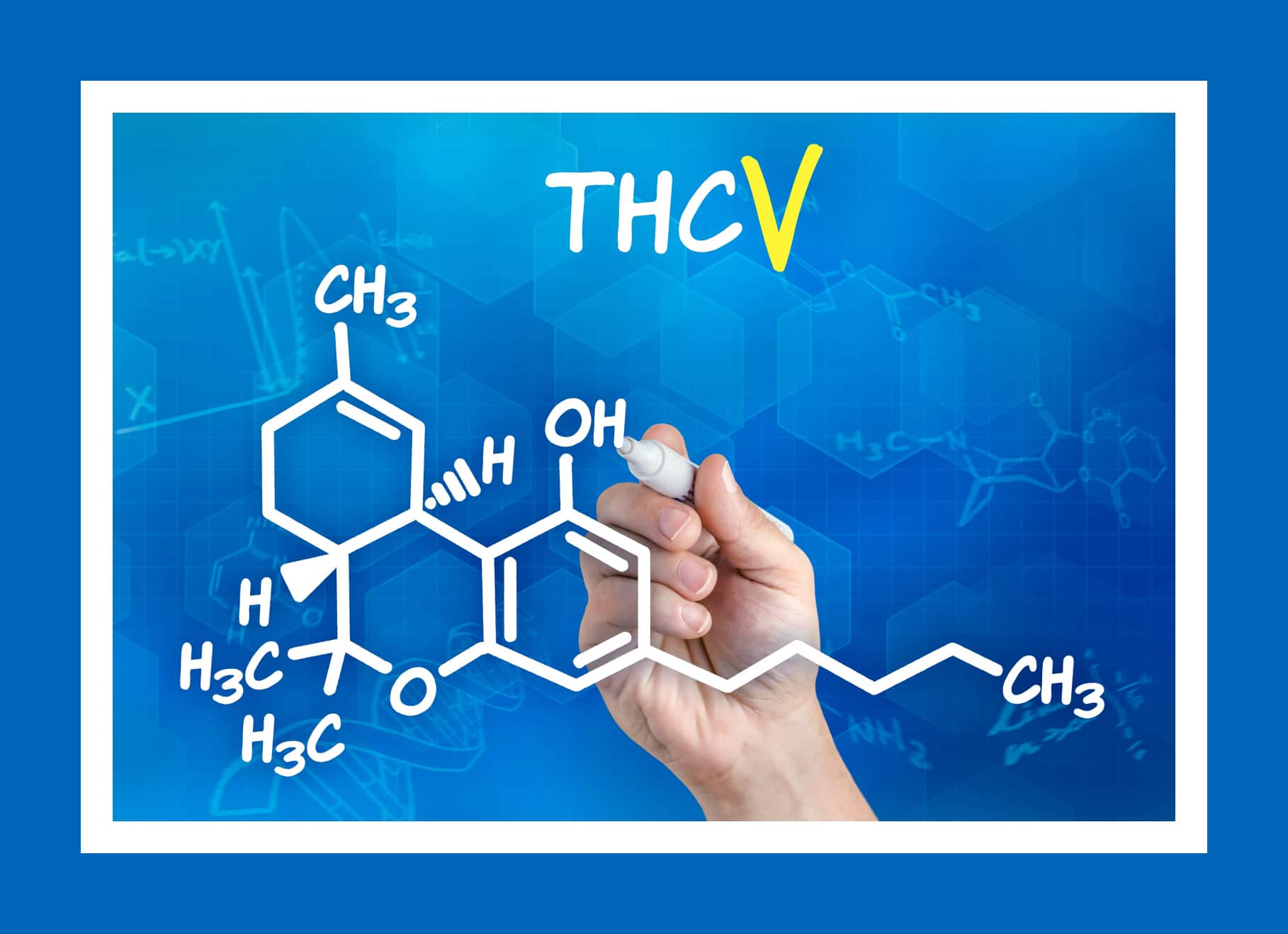Tetrahydrocannabivarin (THCV) is a cannabinoid compound found in cannabis and hemp plants. It's chemically comparable to tetrahydrocannabinol (THC) however with some crucial distinctions. Here's everything you require to understand about THCV including the threats, benefits, differences, and resemblances with other forms of THC and more. What Is THCV? THCV is a less common cannabinoid discovered in some strains of cannabis, specifically African sativa.
 What Is THCV (Tetrahydrocannabivarin)? - CNBS
What Is THCV (Tetrahydrocannabivarin)? - CNBS
 What is THCv Cannabinoid Explained - leafipedia.net
What is THCv Cannabinoid Explained - leafipedia.net
![]() THCV: What are the Benefits; Does it Get You High? - Vaping360
THCV: What are the Benefits; Does it Get You High? - Vaping360
THCV has a 3-carbon side chain rather than THC's 5-carbon side chain. This distinction is subtle, however it has an obvious effect on the impact profile. THCV is rather psychedelic but just about and about. What Does THCV Seem like? THCV has a strong energy-boosting element to it, that makes it particularly popular among students and athletes.
In the United States, THCV regulation is nuanced. THCV is not a Schedule I Drug, however marijuana extracts are making it somewhat unclear what the federal position is on THCV. The 2018 Farm Expense states that hemp plants and all derivatives of the plants are legal on a federal level, numerous business comply with this law and still offer THCV to consumers by just drawing out the substance from hemp plants.
If THCV is considered a THC analog, it might be controlled in the future by the same rules as THC under the Federal Analog Act. This act specifies that any compound that shares a similar molecular profile as a recognized restricted compound it's consisted of in the very same drug Schedule category.
What Are the Impacts of THCV? Proponents of THCV report that it produces an extreme burst of energy and makes them feel blissful without the mental cloudiness triggered by THC. The results are incredibly moderate compared to THC. The effects are nearly specifically cognitive yet in some way have really little influence on headspace.
2. THCV & Appetite Some THCV users declare that it curbs their appetite. This is a typical effect of other focus-enhancing substances. It's as though THCV eliminates the diversion of other bodily processes (like cravings) in order to maintain resources and attention to cognitive tasks instead. How Does THCV Work? Cannabinoids produce biological effects in the body by interacting with endocannabinoid receptors.
CB1 receptors lie in the nerve system and communicate with neurotransmitters in the brain to produce mind-altering impacts. Interaction with CB1 websites is what provides some cannabinoids like THC their psychoactivity. THCV is a bit tricky to comprehend since it's mainly a CB1 villain, implying it has the opposite result as THC.
While researchers are still seeking to understand this procedure, it appears THCV is able to block the impacts of CB1 in low dosages and stimulate them in high dosages. CB2 receptors are discovered mainly in the immune system. THCV is a partial agonist of CB2, but the results of this partial activity aren't widely known, and it apparently has no noticeable effect on THCV users' experience.
As discussed in the previous area, THCV is a CB1 antagonist in low doses which is the precise opposite effect of delta 8 and delta 9 THC. This might mean that THCV counteracts some of the psychoactive results of THC. This effect might explain why people who utilize THCV feel so clear-headed specifically compared to the infamous "fogginess" induced by delta 9 THC.